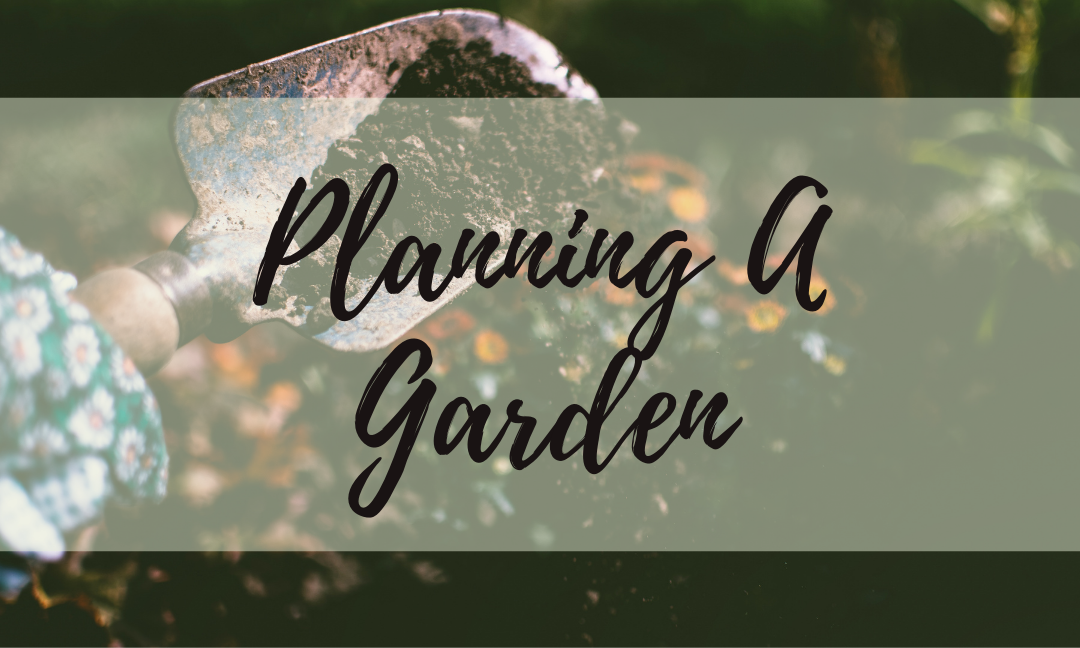Written by: Jeninaah Hamilton
Are you interested in building a garden in your front yard, back yard, or indoors? Well, this is a guide to help you with the main essentials you will need and tips on what is best for your plants’ growth. If you are not interested in gardening, you should research the many benefits gardening offers such as reducing stress and improving mental health. As well as eating produce with higher nutrient content.
Basic Fundamentals
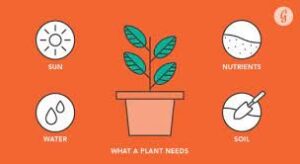 First, let’s review the four necessities a plant needs. Plants need sunlight, water, nutrients, and soil. Plants obtain energy from the sun through photosynthesis, which will convert that energy into their tissues. Since the sun plays a major role in a healthy plant’s life, some plants such as fruits and vegetables need more sunlight than others. Water is another essential a plant needs to grow and prevent them from wilting from the sun. Depending on what plants you have, some will need to be watered daily while others should be watered after a few days or even weeks. Lastly, plants need nutrients and soil. Highly acidic soil means that those important nutrients dissolve and flow away from the soil. Bacteria also cannot break down organic matter below ph 4.7, so your plants will get even less food. However, having soil that is too alkaline results in plants receiving less vital minerals like phosphorus, manganese, and iron. If you live in an urban environment please note that you should test your soil for lead especially if you have pets or children around.
First, let’s review the four necessities a plant needs. Plants need sunlight, water, nutrients, and soil. Plants obtain energy from the sun through photosynthesis, which will convert that energy into their tissues. Since the sun plays a major role in a healthy plant’s life, some plants such as fruits and vegetables need more sunlight than others. Water is another essential a plant needs to grow and prevent them from wilting from the sun. Depending on what plants you have, some will need to be watered daily while others should be watered after a few days or even weeks. Lastly, plants need nutrients and soil. Highly acidic soil means that those important nutrients dissolve and flow away from the soil. Bacteria also cannot break down organic matter below ph 4.7, so your plants will get even less food. However, having soil that is too alkaline results in plants receiving less vital minerals like phosphorus, manganese, and iron. If you live in an urban environment please note that you should test your soil for lead especially if you have pets or children around.
Location
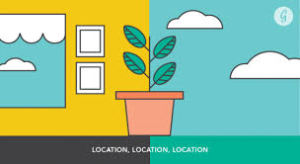 When planning your garden, you must choose a location for your plants that will always be able to work for you. Your garden can be any size and can even be indoors which relieves stress and improves air quality. Community gardens also provide individuals with small spaces to garden and work as a team to create a well-established garden. If you are planting outdoors be sure to find a spot where your plant will have access to sunlight and water. You can decide to grow your plants directly in the soil which is a cheaper alternative or in raised beds which are large wooden boxes filled with soil. If you have a small space, containers are a great choice however, watering is essential since plants in containers dry out quicker than garden beds.
When planning your garden, you must choose a location for your plants that will always be able to work for you. Your garden can be any size and can even be indoors which relieves stress and improves air quality. Community gardens also provide individuals with small spaces to garden and work as a team to create a well-established garden. If you are planting outdoors be sure to find a spot where your plant will have access to sunlight and water. You can decide to grow your plants directly in the soil which is a cheaper alternative or in raised beds which are large wooden boxes filled with soil. If you have a small space, containers are a great choice however, watering is essential since plants in containers dry out quicker than garden beds.
Garden Essentials
Depending on where you are planting your plants, the amount and what kind of tools you will need will vary.
Container gardens are very simplistic so you will need:
- Containers
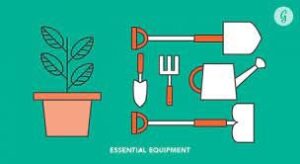
- Potting soil
- Watering can
- Small trowel
For raised beds or beds in the ground, it is useful to have a:
- Trowel
- Watering can
- Shovel
- Hoe
- Digging fork
Protect your plants:
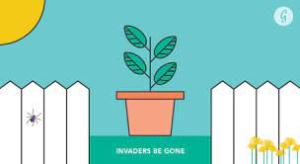 One of the biggest challenges that come with gardening is keeping weeds, pests, and diseases out of your garden. In most cases, they are inevitable however, it should cause concern when the appearance and health of your plants begin to change. A tip is to get rid of weeds every week to prevent them from producing more weeds and building up. To keep bugs and pesticides away, you should try to use essential oils around your plants that bugs or animals do not like. Many bug trapping devices attract bugs and keep them in a bag until you can set them free away from your plants. Now that you know these basic steps on planning a garden, give it a try! Start with one plant and start adding more unique plants as you continue your gardening journey.
One of the biggest challenges that come with gardening is keeping weeds, pests, and diseases out of your garden. In most cases, they are inevitable however, it should cause concern when the appearance and health of your plants begin to change. A tip is to get rid of weeds every week to prevent them from producing more weeds and building up. To keep bugs and pesticides away, you should try to use essential oils around your plants that bugs or animals do not like. Many bug trapping devices attract bugs and keep them in a bag until you can set them free away from your plants. Now that you know these basic steps on planning a garden, give it a try! Start with one plant and start adding more unique plants as you continue your gardening journey.
(Images & Facts from Greatist.com)

